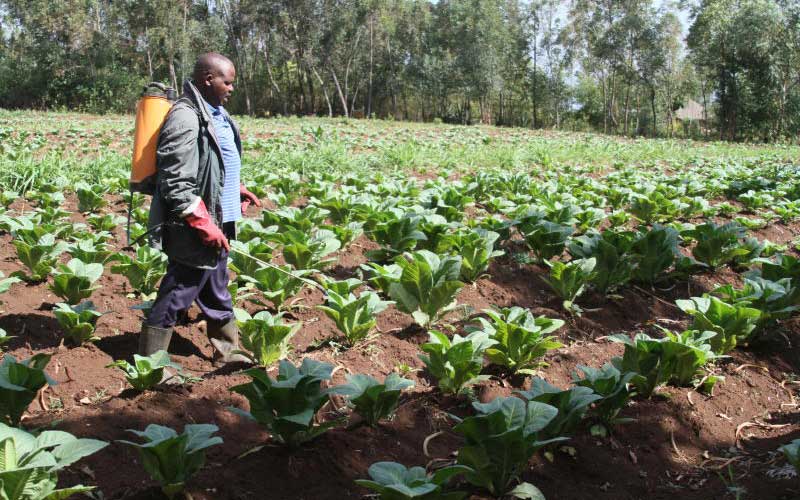×
The Standard e-Paper
Join Thousands Daily

When BAT Kenya wound up business in Migori County five years ago, the future of thousands of tobacco growers dimmed.
Alliance One Tobacco (Kenya), too, folded and relocated parts of its business to Tanzania and Uganda.







